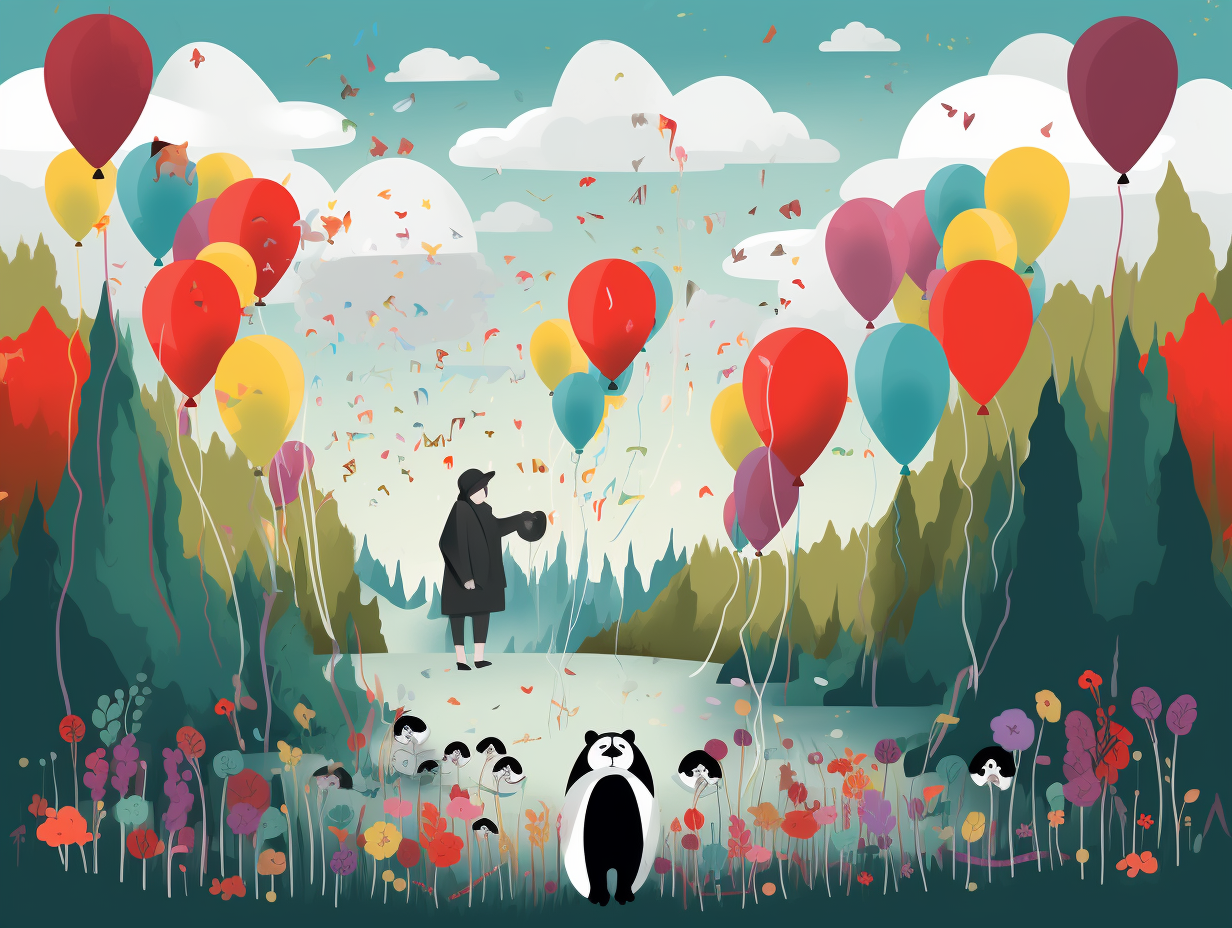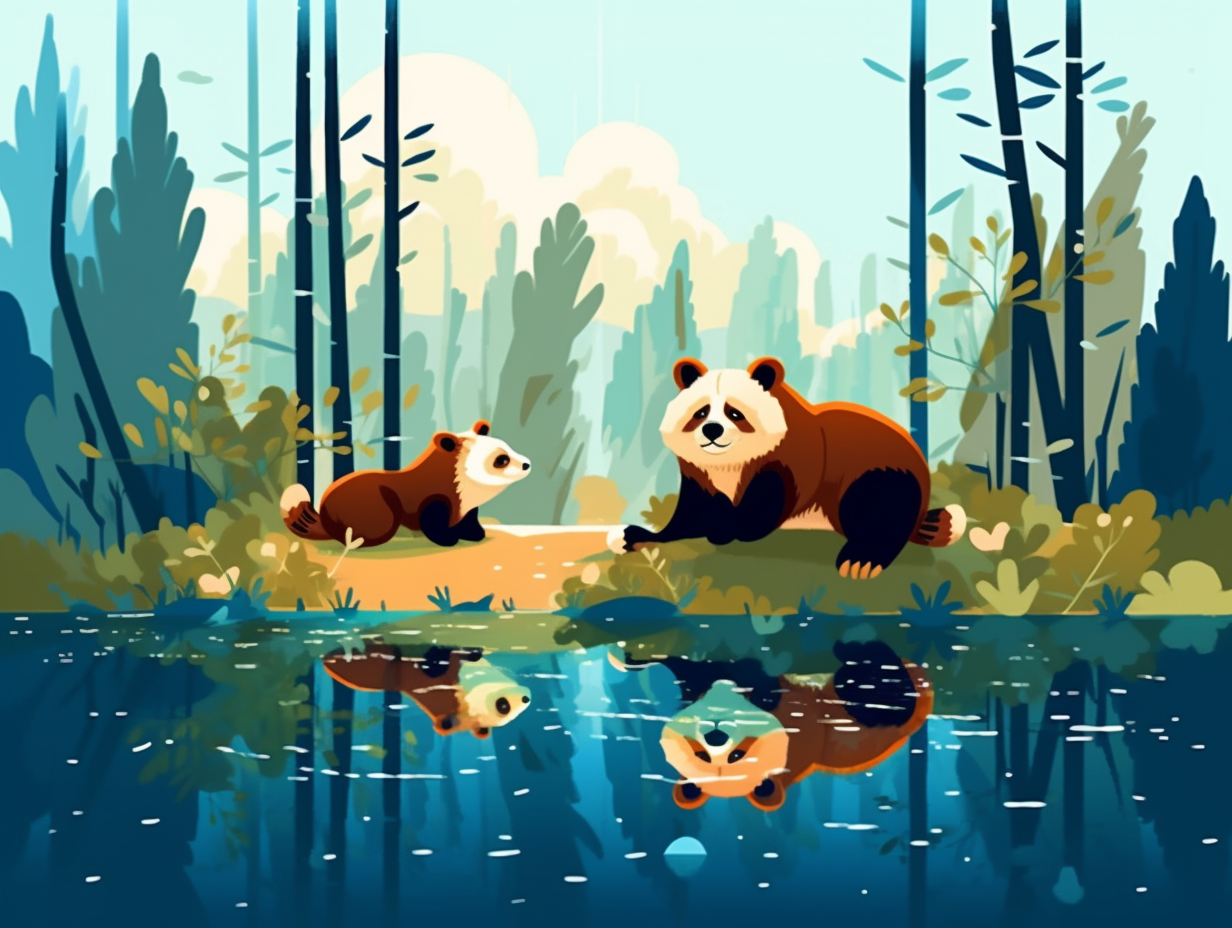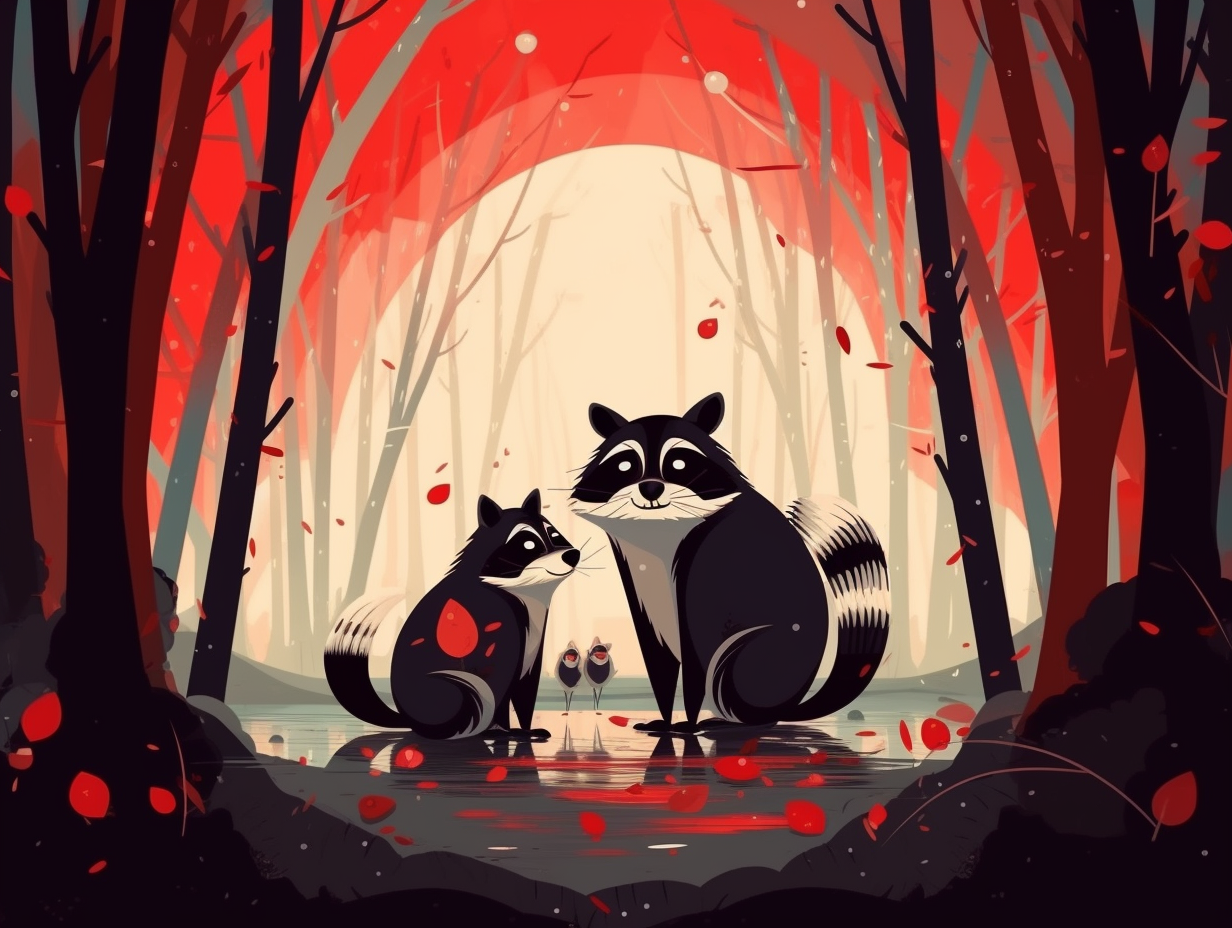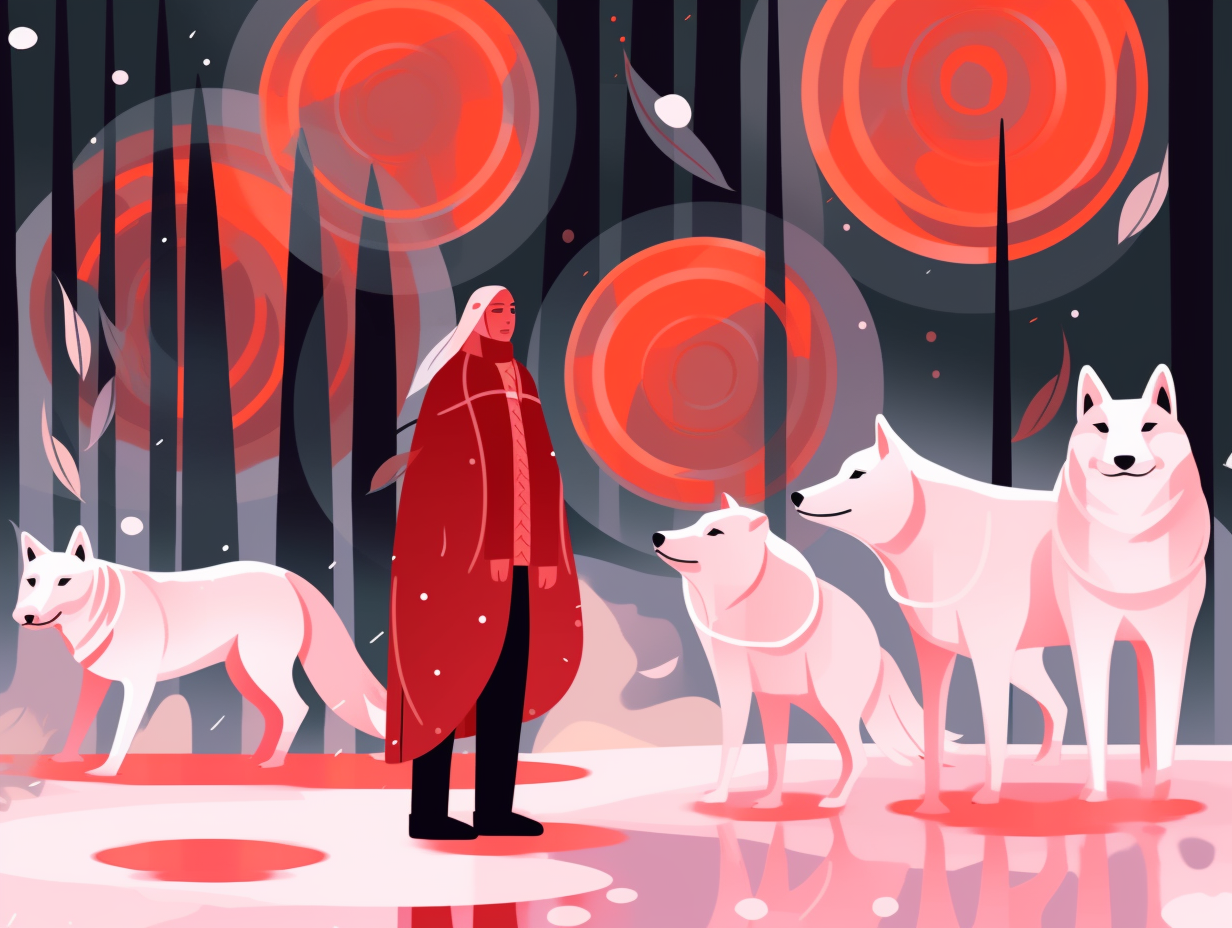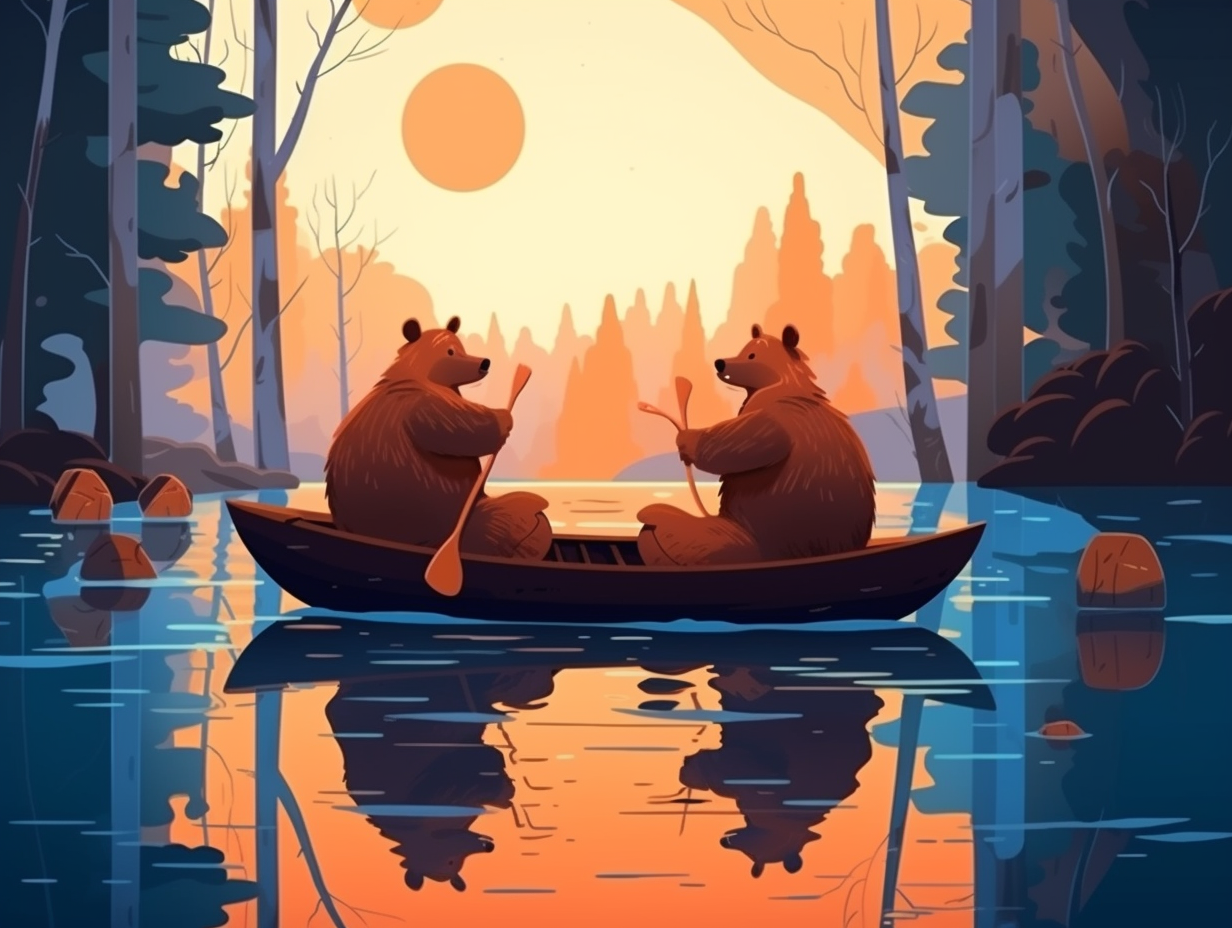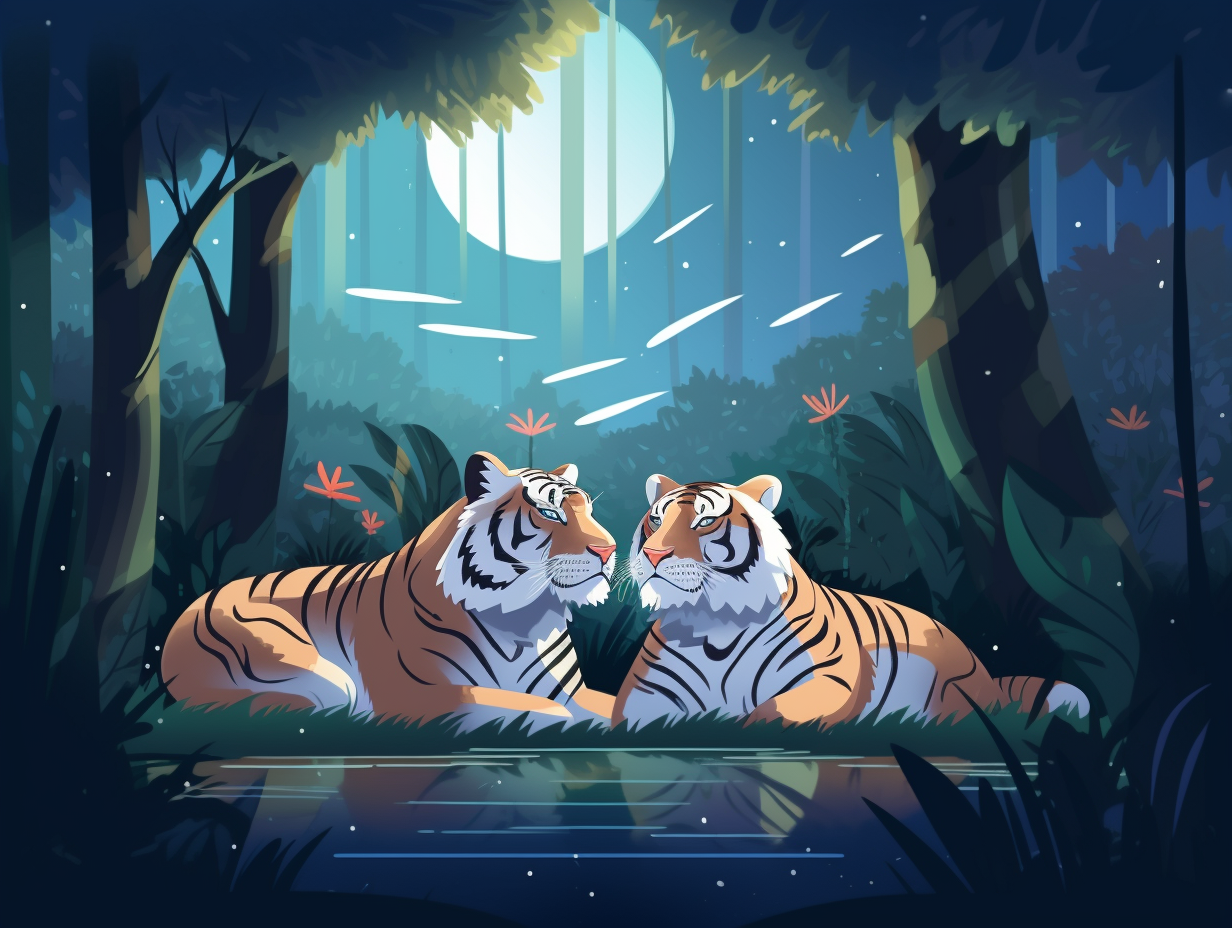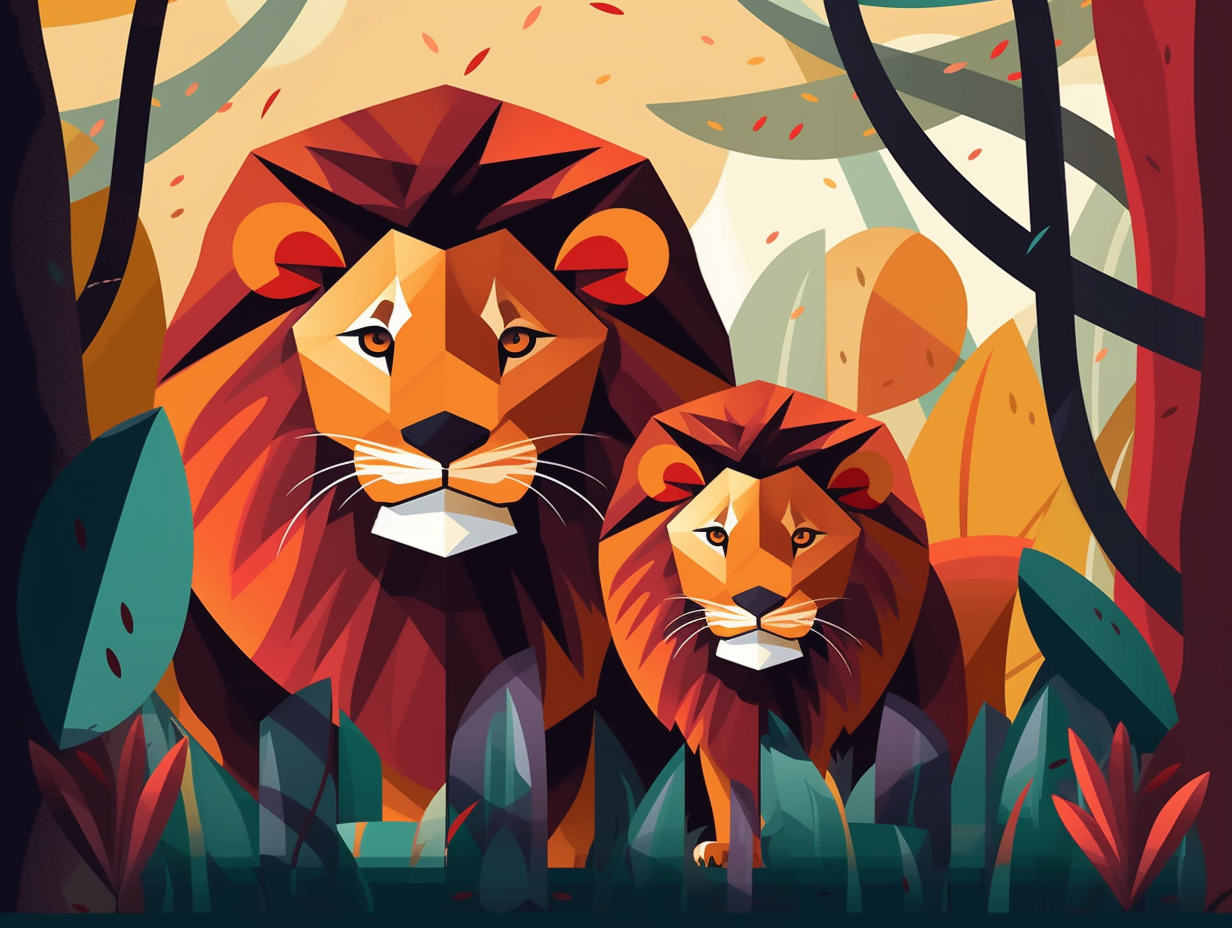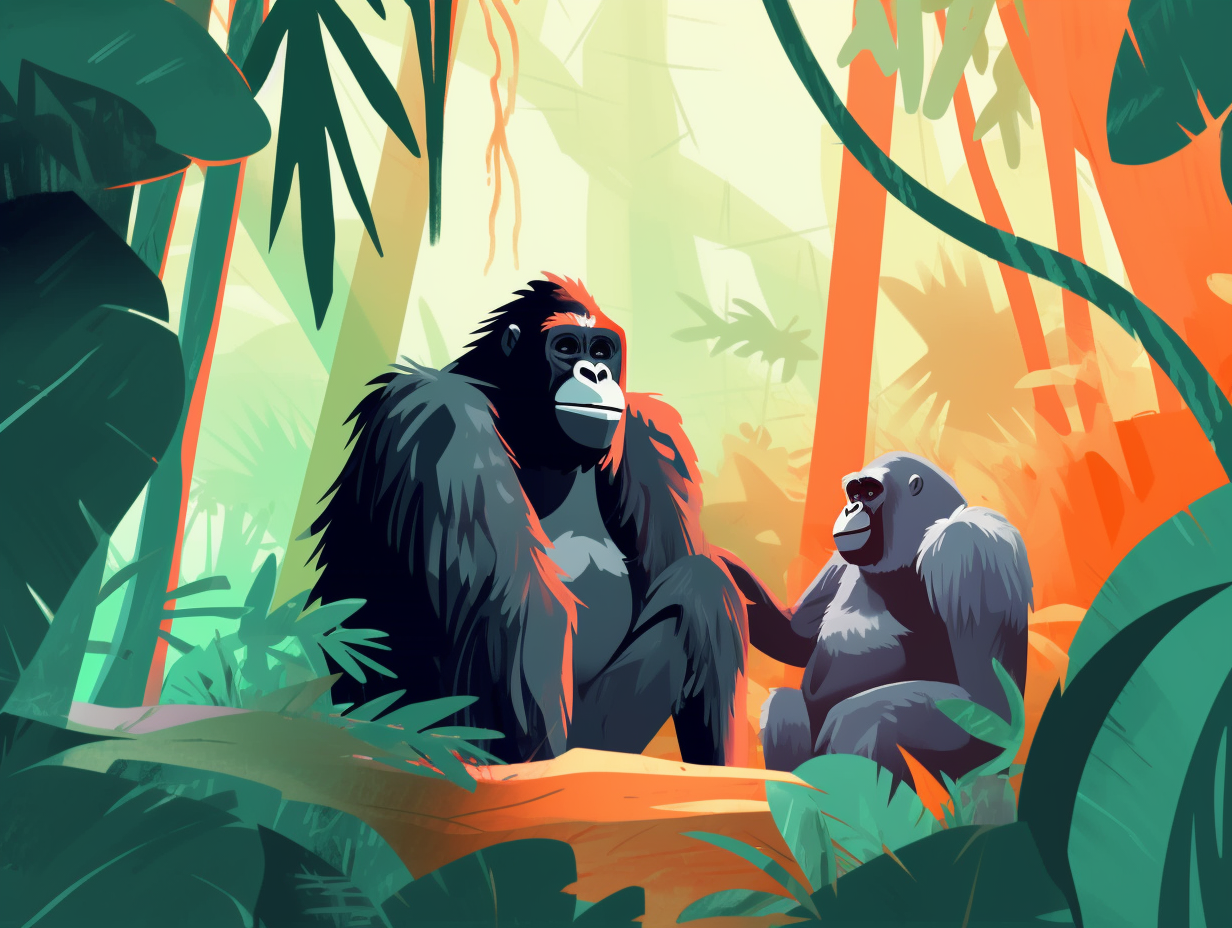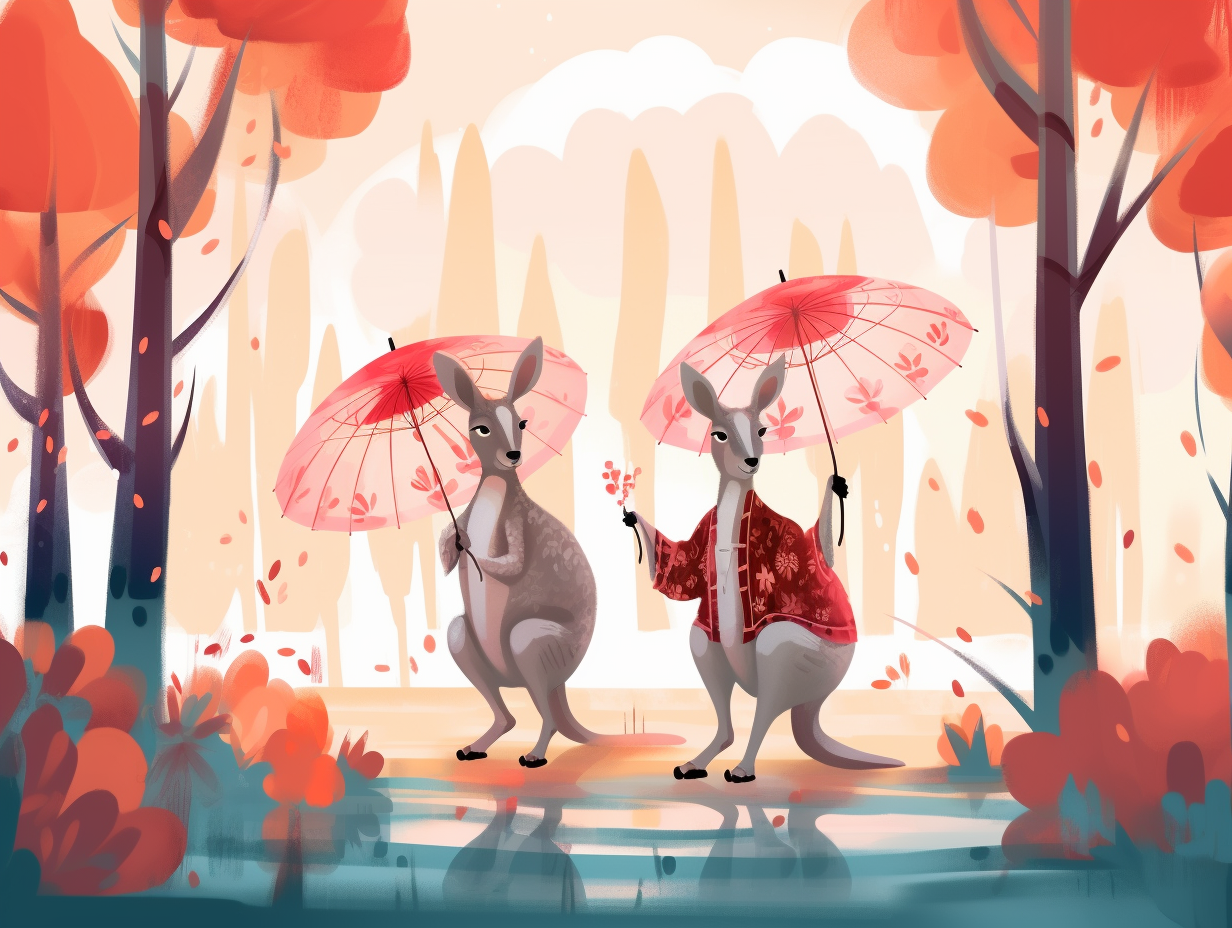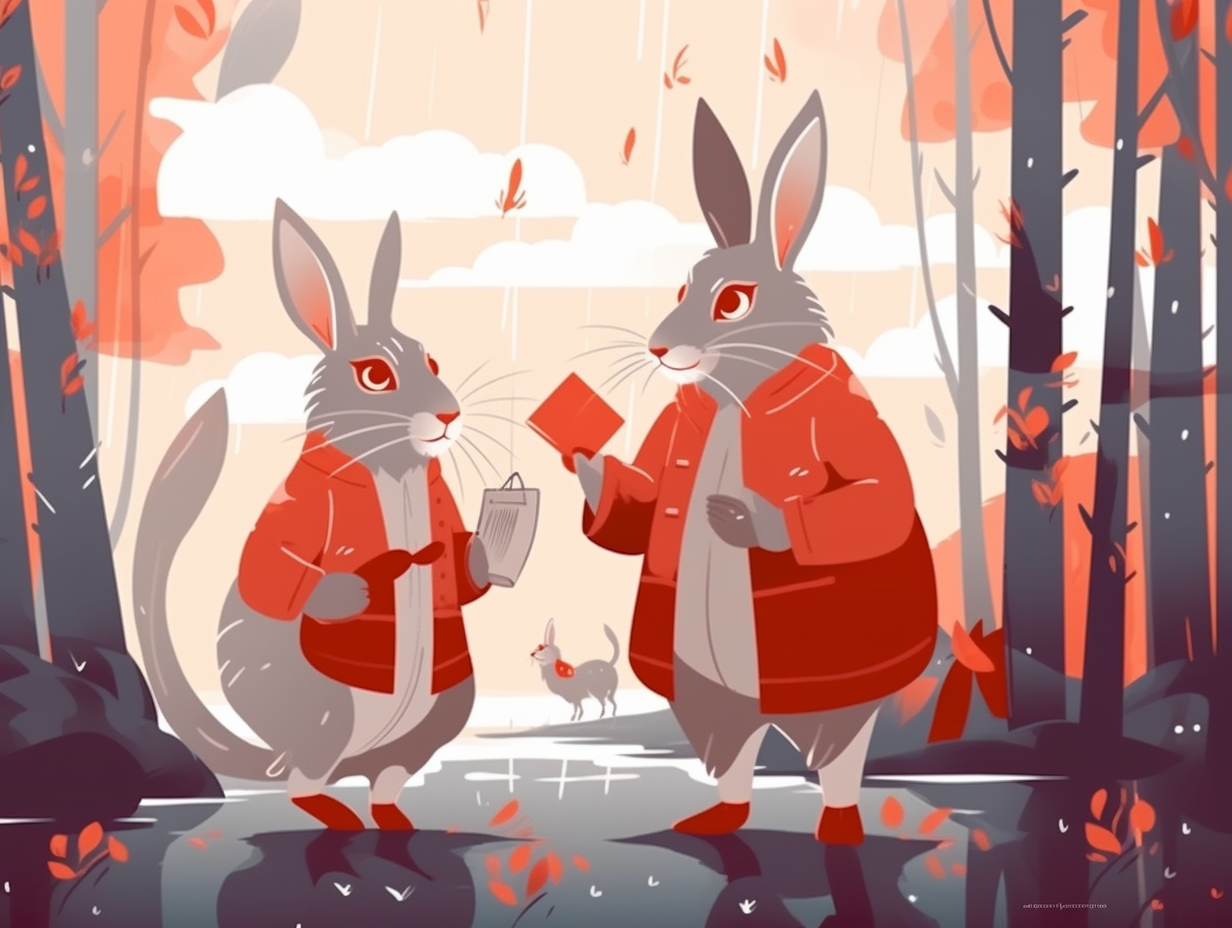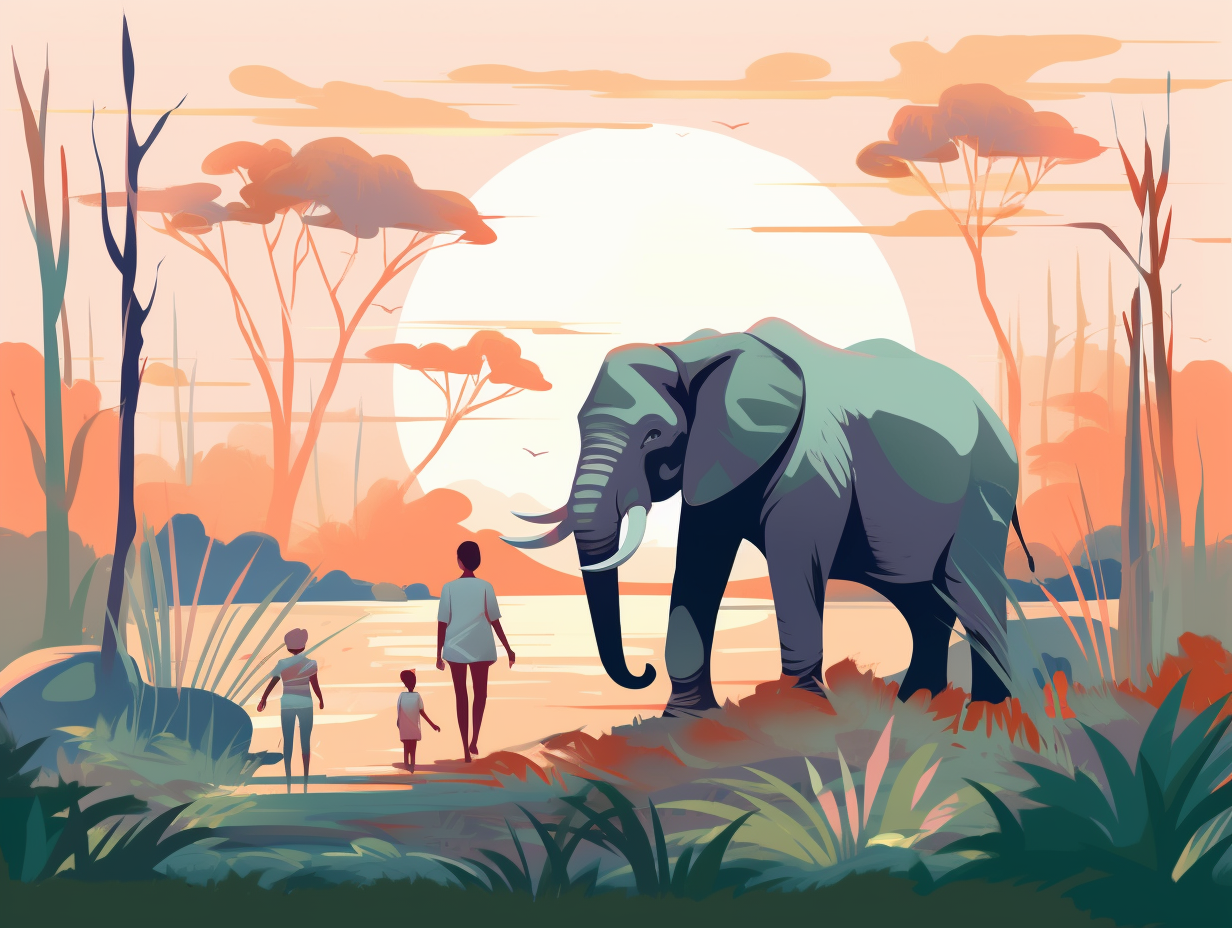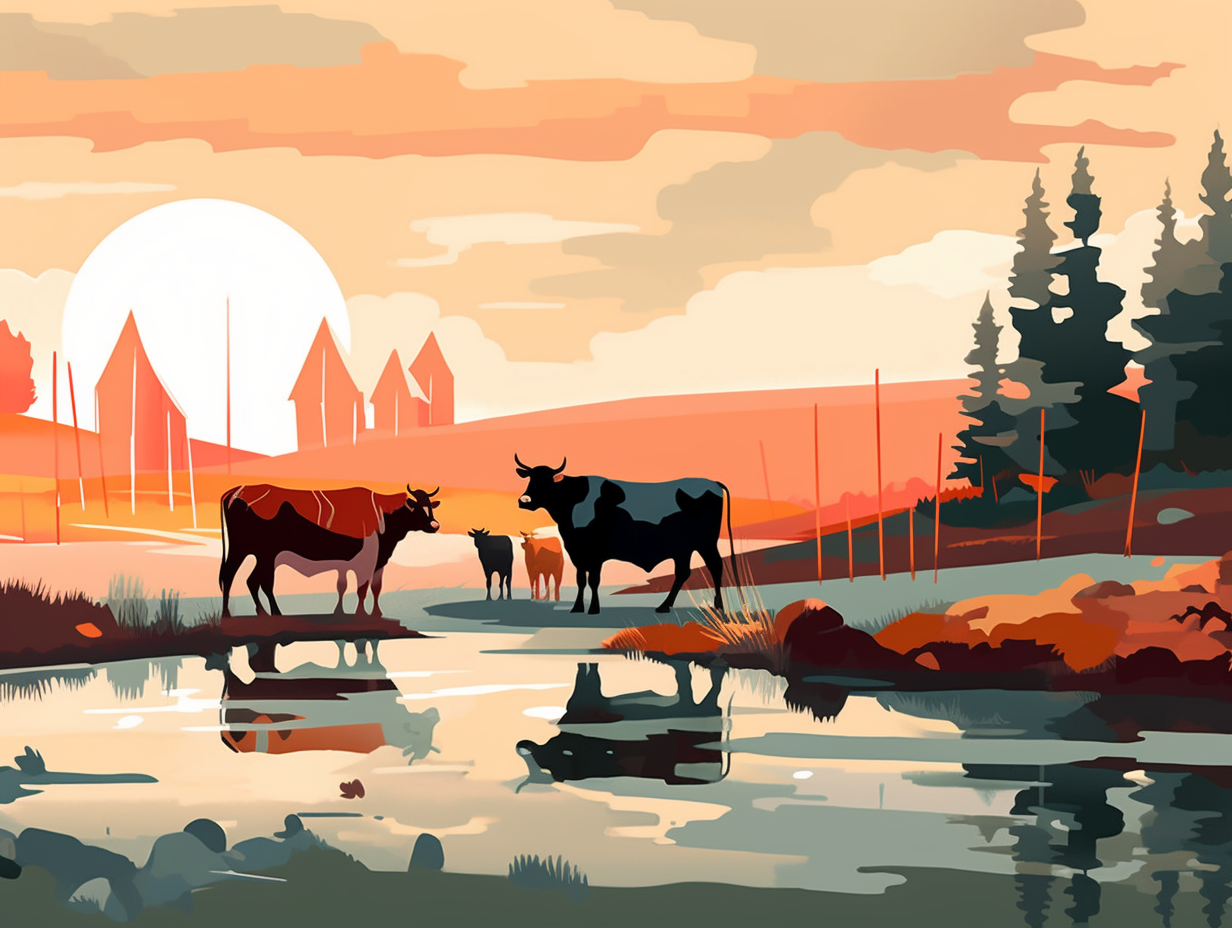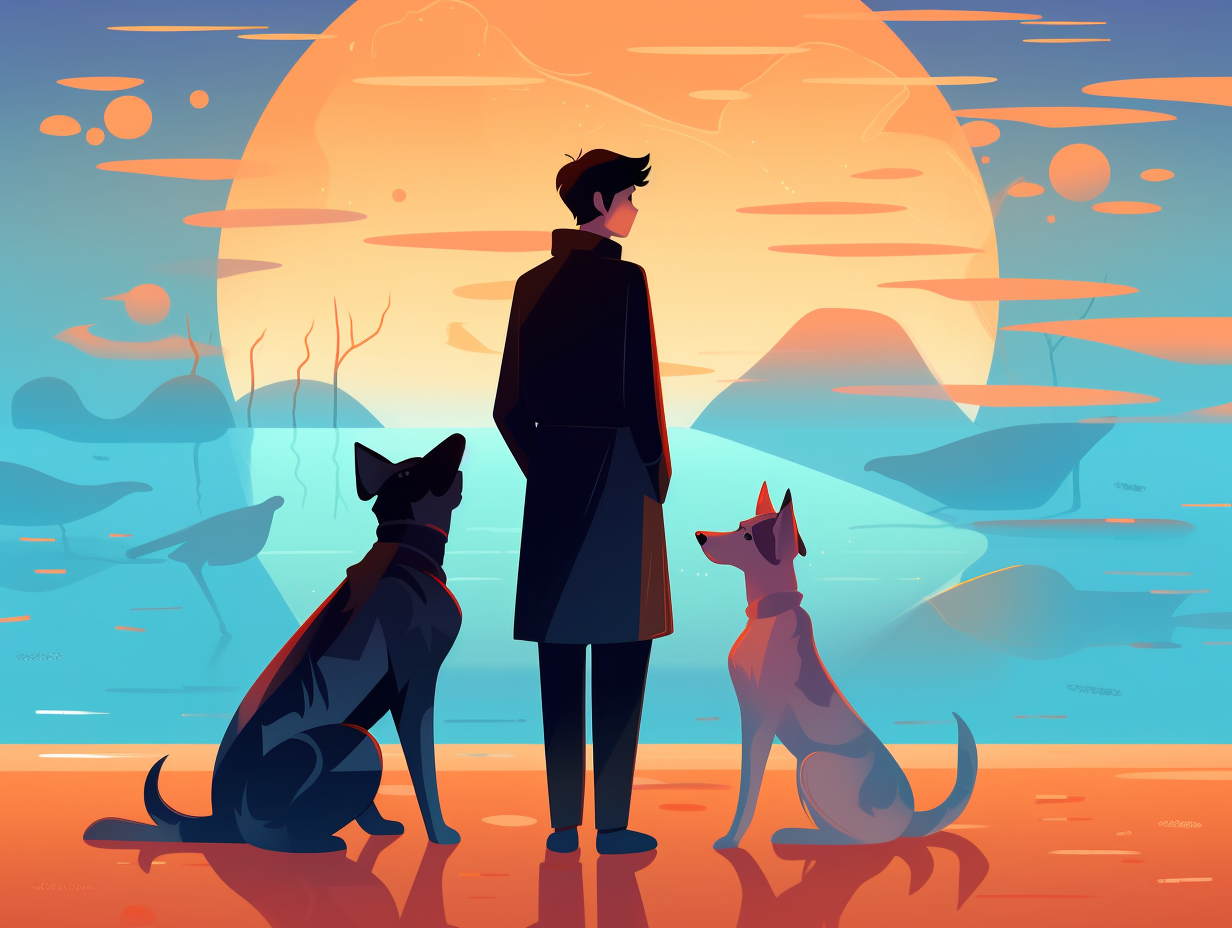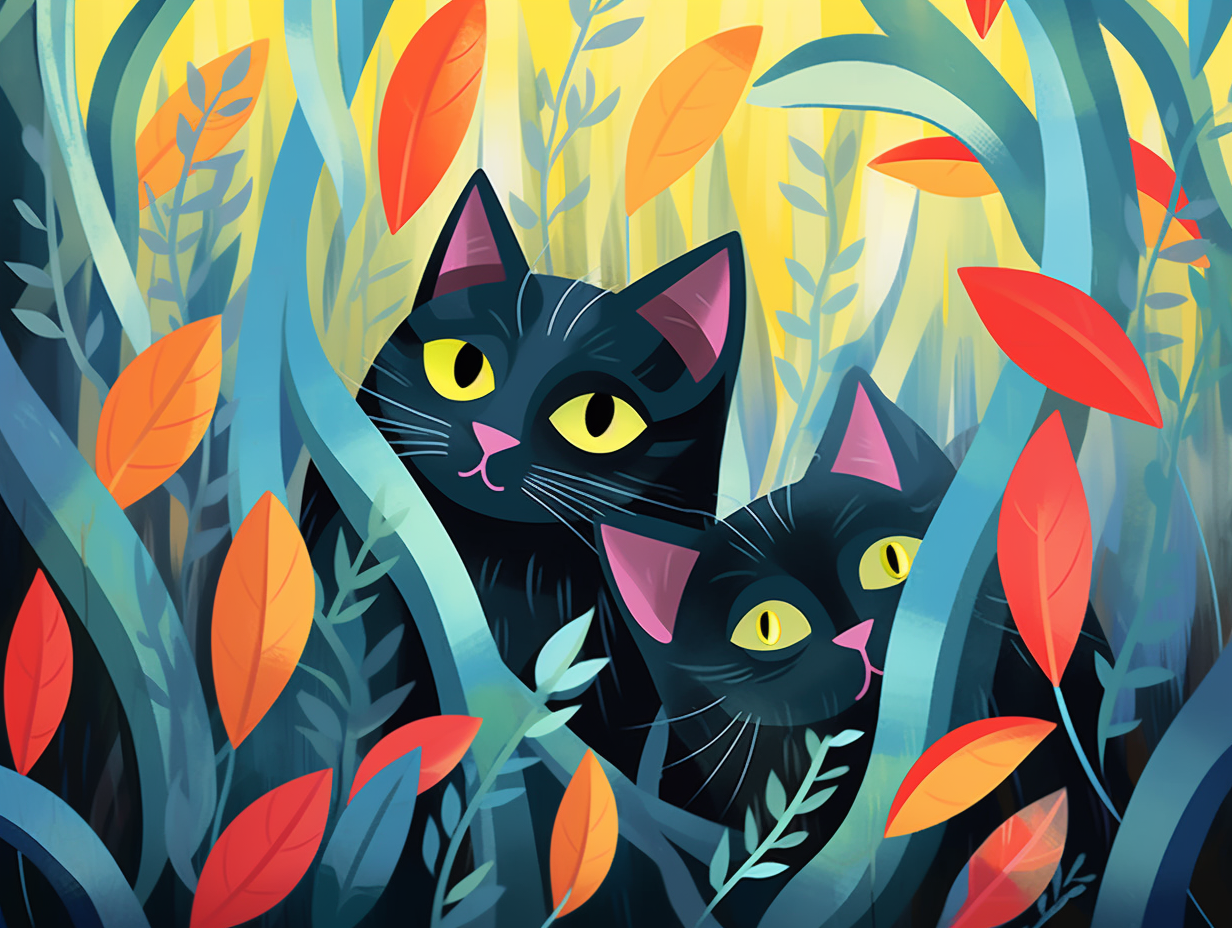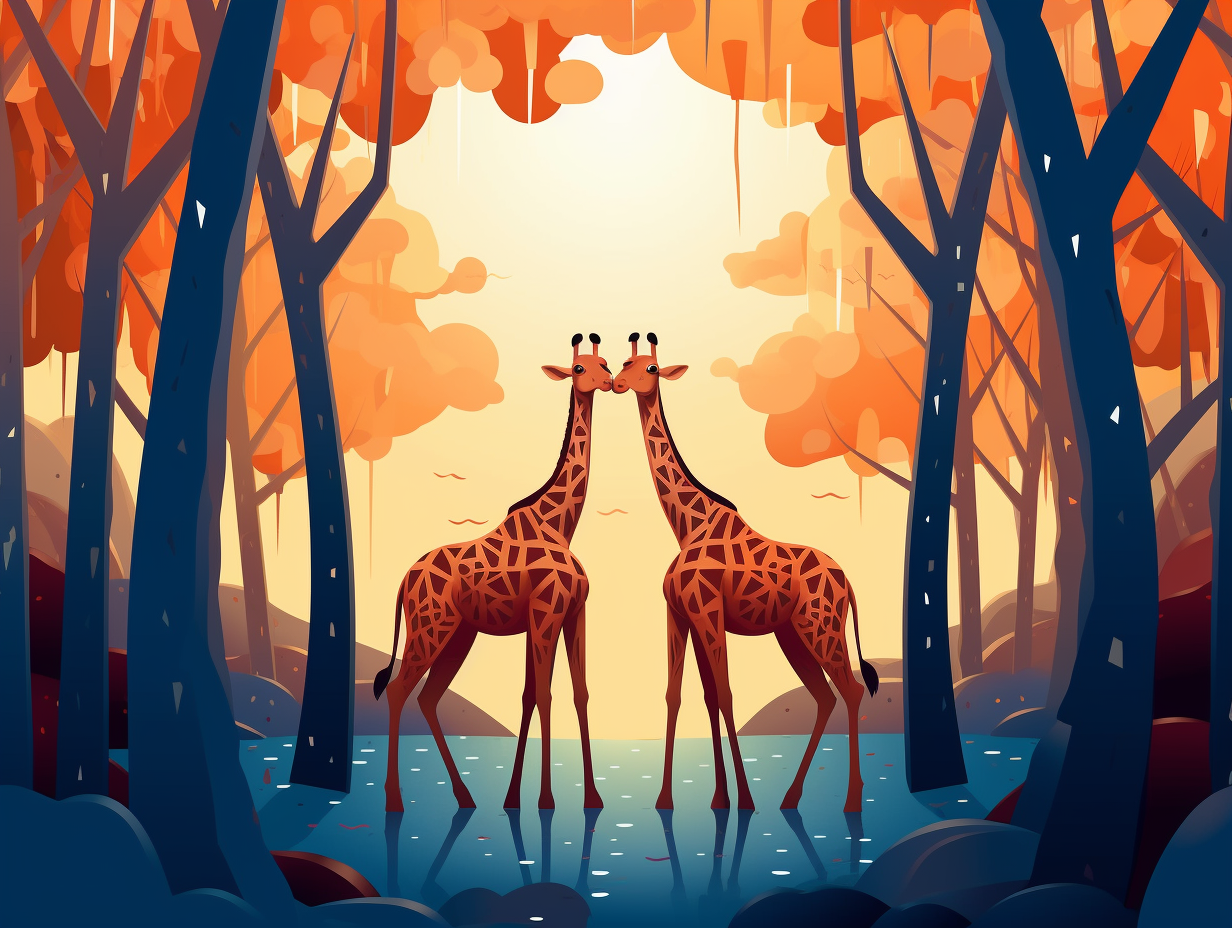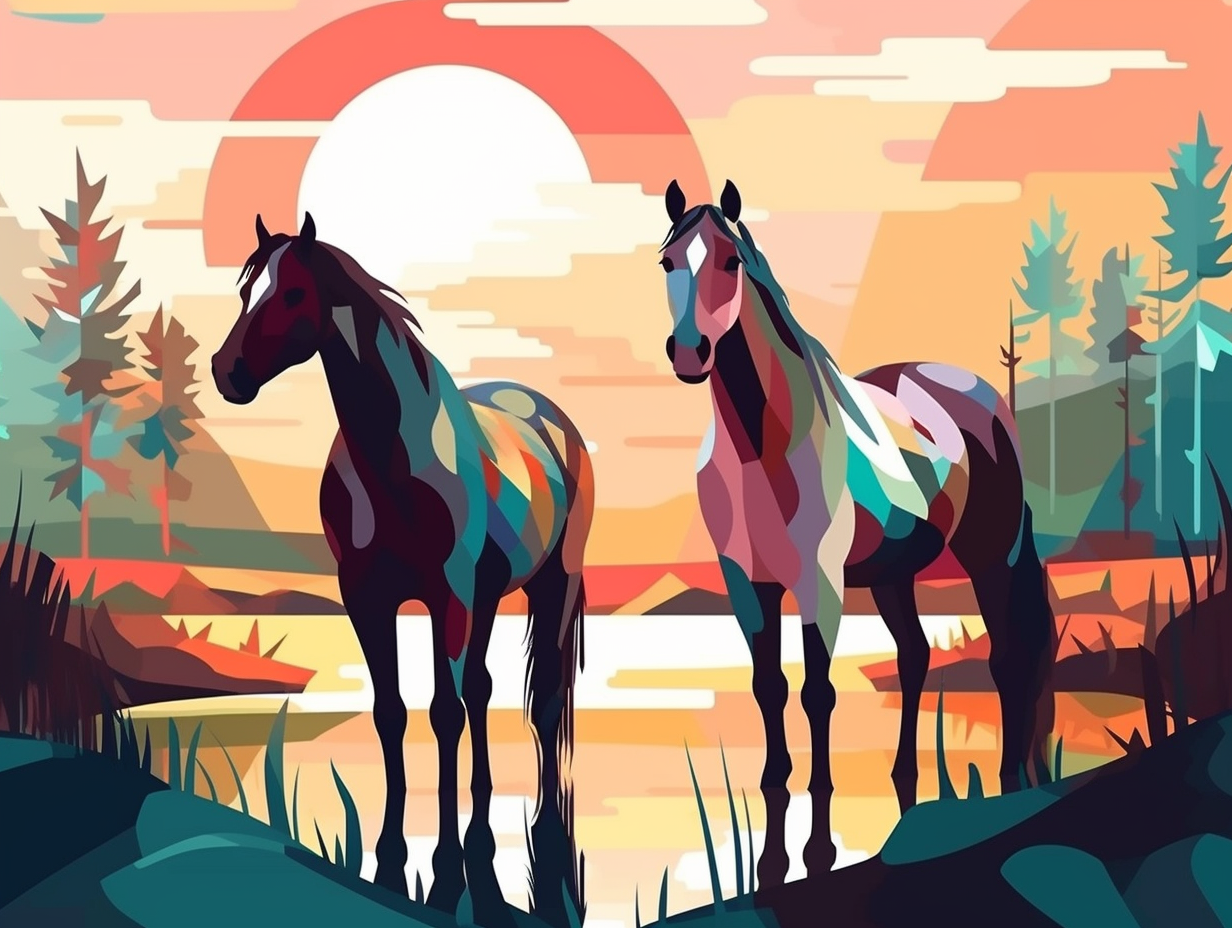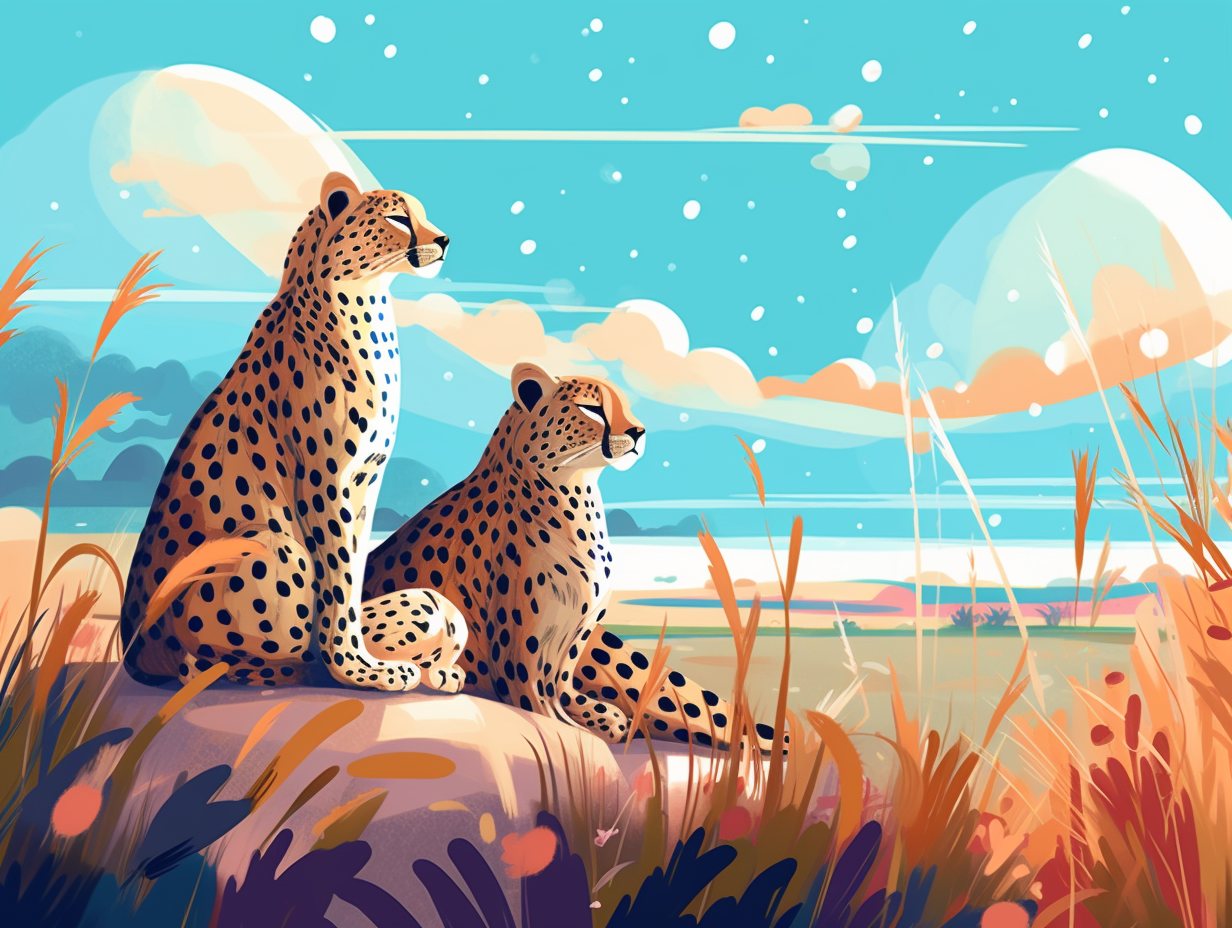Unbearably Amusing: Top 19 Fun Facts About Bears You Need to Know
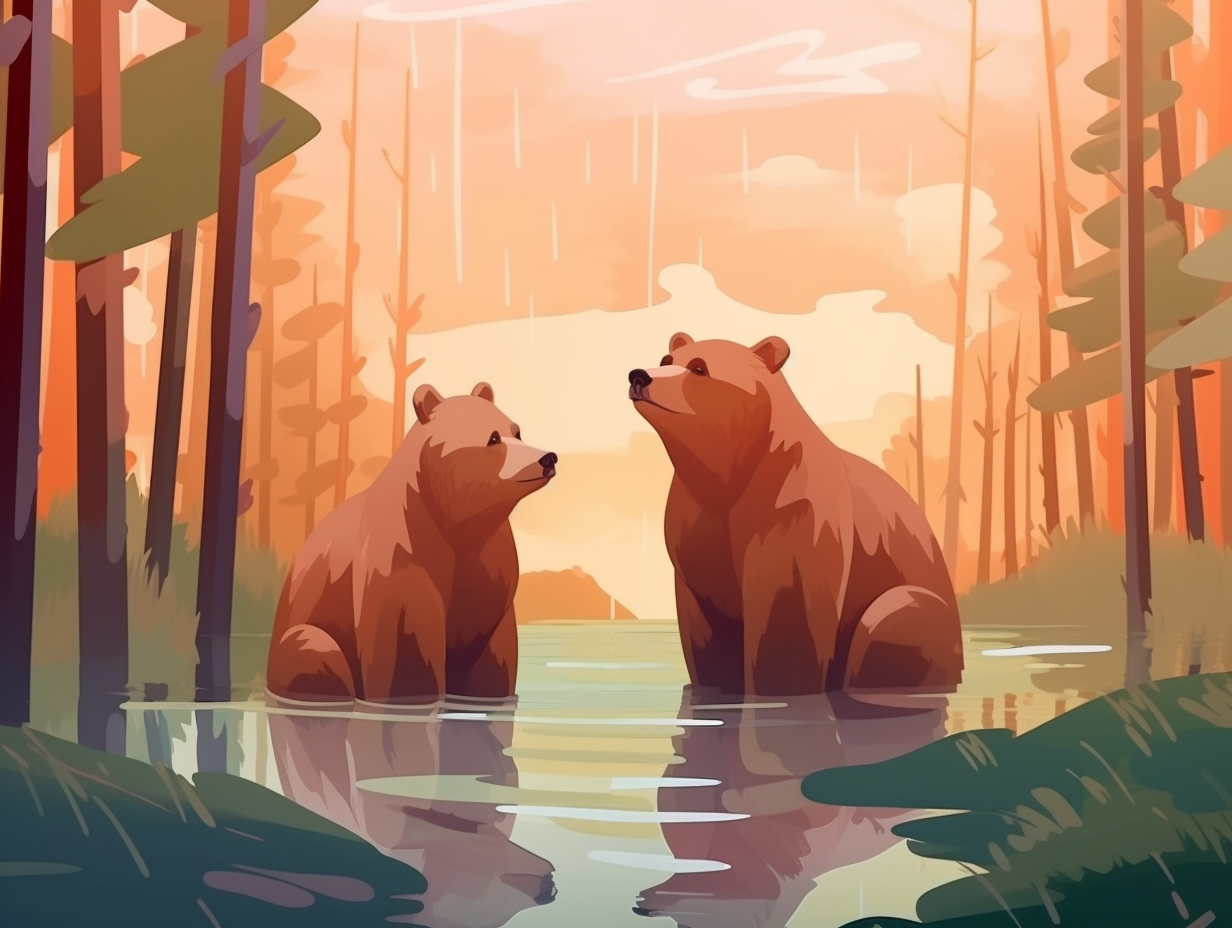
1. Bear Dentistry
Whoever said "a bear with a sore tooth is bad news" must have clearly never met a bear with perfect dental hygiene: Bears possess up to 42 teeth including incisors, canines, premolars, and molars, which allow them to expertly cut, crush, and grind both plants and meat, even though dental care isn't their strong suit.
Source => a-z-animals.com
2. Grizzly Bowling Ball Myths
Grizzly bears may not be professional bowlers, but that doesn't stop them from taking their bite game quite seriously: Although a grizzly bear's bite strength is not powerful enough to crush a bowling ball as some believe, it is an impressive 975 PSI, allowing them to break through logs and rocks like they’re chew toys, while their polar bear cousins boast an even more jaw-dropping bite force of 1,200 PSI.
Source => scoutlife.org
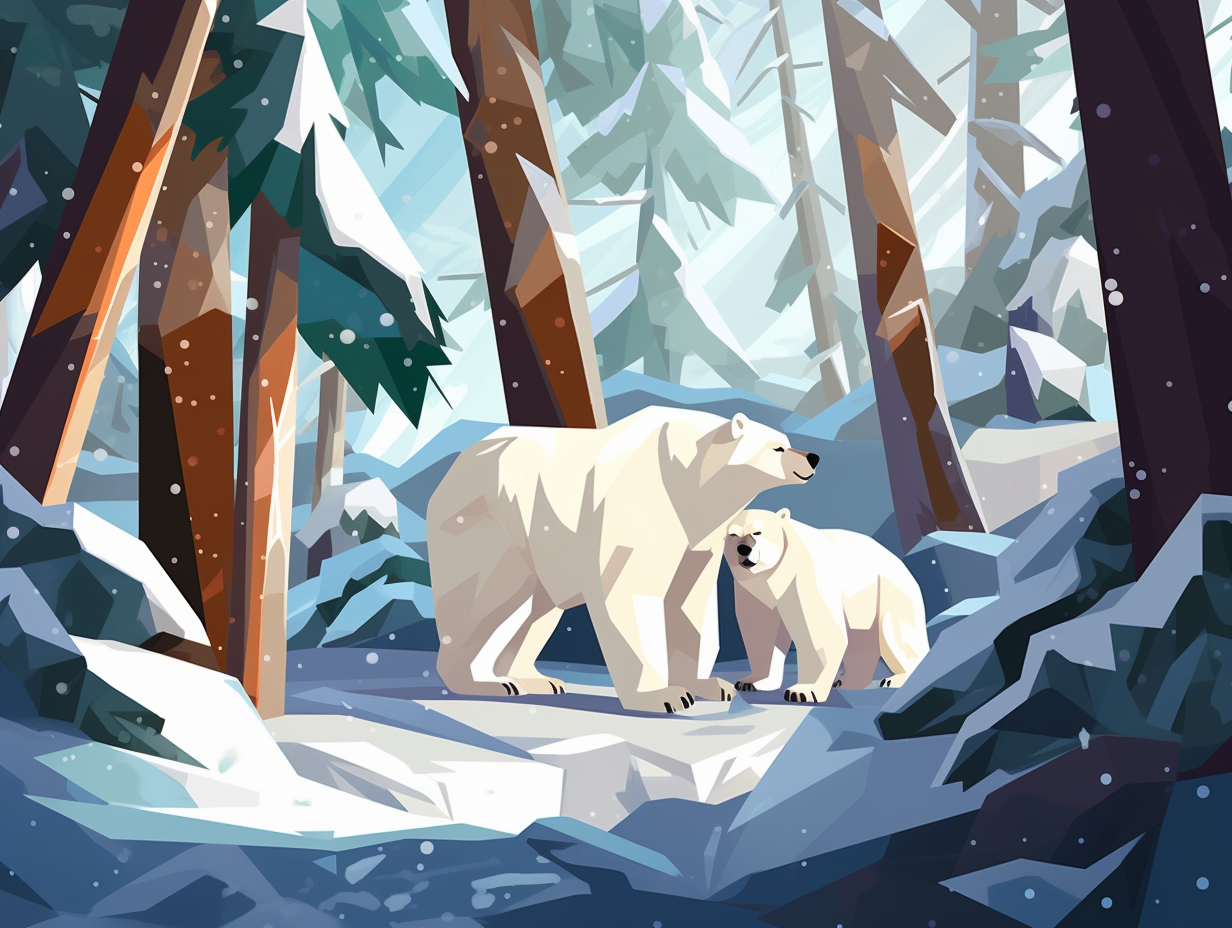
Did you know polar bears have their own secret language? Discover how they use head wags, droopy noses, and even roaring to communicate with each other! 🐾👋🗯️
=> Fun Facts about Polar-Bears
3. Hiber-Dating Bears
Ever feel like "hiber-dating" from the hustle of life? Turns out bears can seriously relate to your winter mood: While not true hibernators, bears enter a lighter sleep called torpor, conserving energy and sleeping for long periods without eating, drinking, or passing waste, and waking up faster when needed, including to give birth.
Source => nationalforests.org
4. Panda Bamboozling Diets
Cancel the bearbecue, folks: Contrary to popular belief, giant pandas – nature's Rorschach test that's always in a state of existential crisis – aren't herbivores but have the diet of a carnivore, deriving about half of their calories from protein, much like feral cats and wolves. Seems impossible, doesn't it? But these furballs have mastered the art of bamboozling literally, guzzling down 20 to 40 pounds of bamboo daily during specific times of the year, where they munch on only certain species that provide them the most protein, making them the ultimate resourceful and opportunistic eaters!
Source => latimes.com
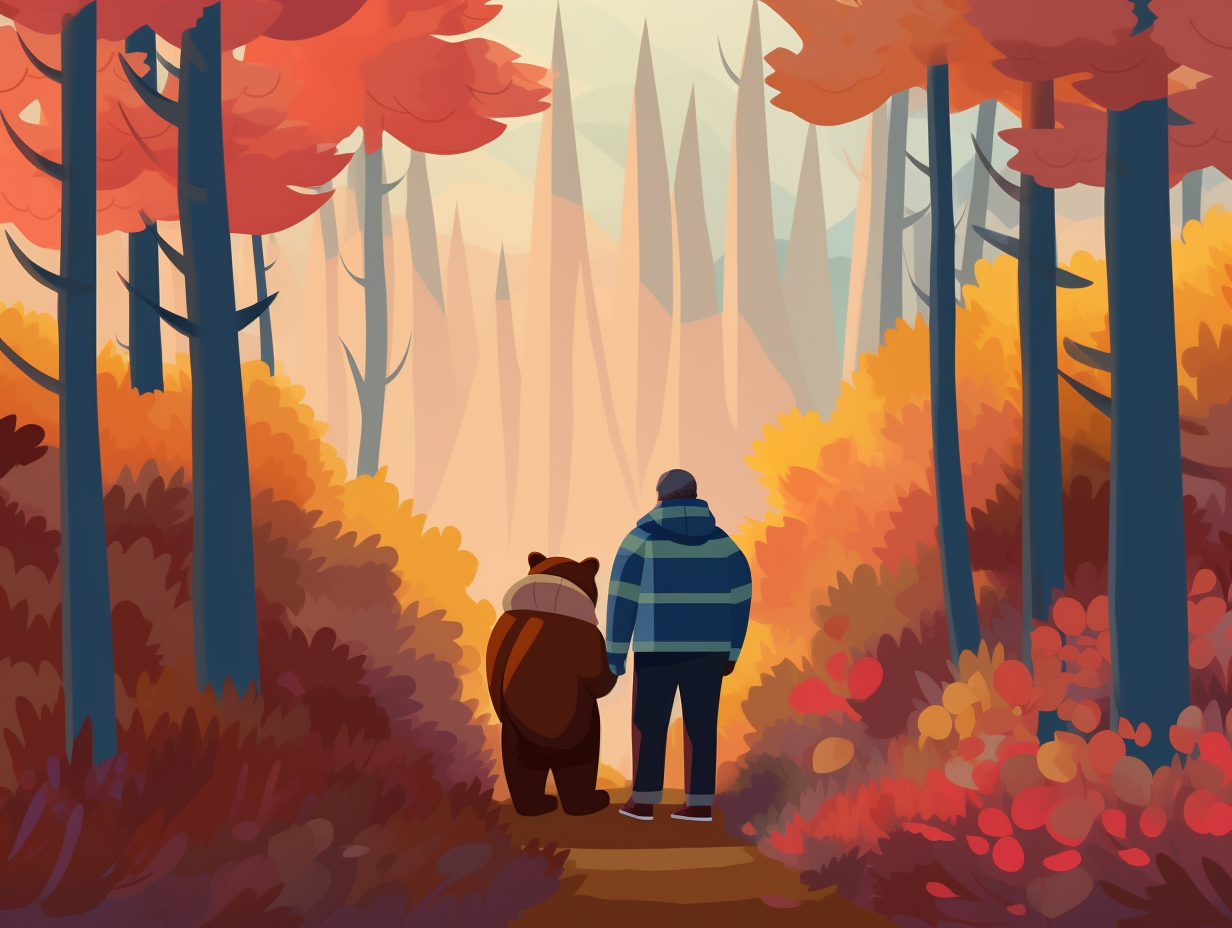
5. Grizzly Claw Couture
Who needs a manicure when you're a grizzly bear sporting the latest in natural claw couture? These fashion-forward giants simply let their fabulous keratin digits do the talking: Grizzly bear claws can grow up to 4-6 inches long, making them one of the largest claws among land mammals, used for everything from digging for dinner to engaging in a friendly bear hug turned prey wrestle – no polish needed, since their claws are naturally white or pale in color!
Source => pestclue.com
6. Bear Phelps Swimmer
If you thought Michael Phelps had some serious swimming skills, wait till you meet his polar counterpart: Polar bears can swim continuously for hours, covering distances of up to 62 miles and reaching speeds of 6.2 mph, with their longest recorded dive lasting 3 minutes and 10 seconds, plunging only about 9.8-14.8 feet deep while hunting or navigating.
Source => seaworld.org
7. Bear Fruit Tours
It's a bear-nanza! Florida black bears turn into picky eaters and take their taste buds on a fruit-filled adventure, acting like they're on some kind of a tropical fruit tour: From August to October, these fuzzy foodies gorge exclusively on the fragrant saw palmetto fruits before switching to a smorgasbord of cabbage palm seeds, alligator flag stems, pickerel weed, acorns, seasonal berries, and insect delights throughout the rest of the year.
Source => floridabear.org
8. Usain Bear Bolt
Bear with me here, but imagine a furry, clawed Usain Bolt dashing through the woods: bears can sprint up to 35-40 mph for grizzlies, 30 mph for black bears, and 25 mph for polar bears, easily outpacing most humans and even some dogs, thanks to their powerful muscles and adeptness at navigating uneven terrain.
Source => themeateater.com
9. Bear Uber Rides
Move over Uber, there's a new ride-sharing service in town: Sloth bears are known to carry their cubs on their backs as their primary mode of transportation until they're around 6 to 9 months old, providing a safe, secure, and eco-friendly alternative for bear cub commuting.
Source => nationalzoo.si.edu
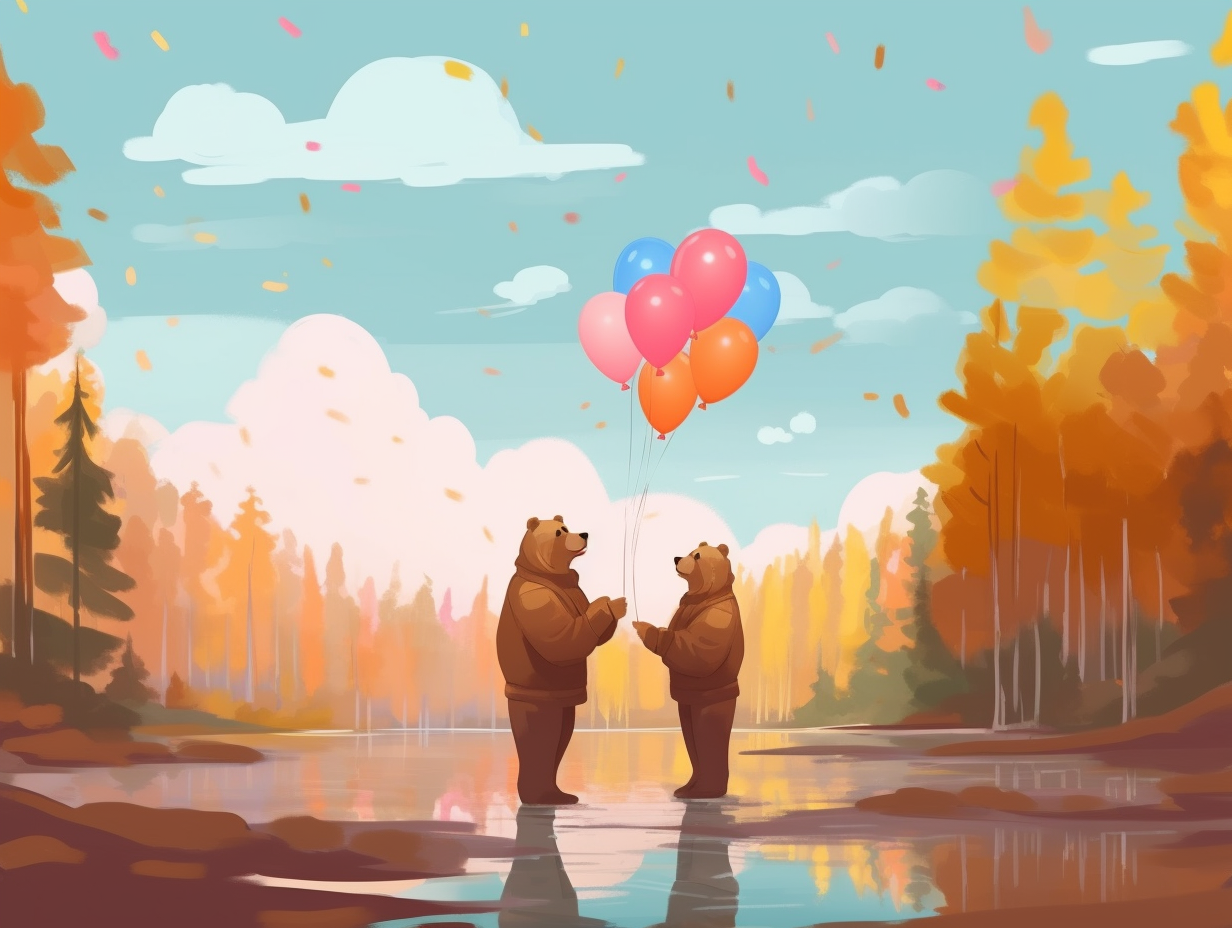
10. Giant Kodiak Beds
When Goldilocks met her match in bed size disputes: Kodiak bears, the largest brown bears on the planet, can reach up to a massive 9.8 feet tall when standing upright on their hind legs. While males average between 1,052 to 1,177 lbs, they can potentially hit a whopping 1,500 lbs during peak times, making even the biggest bowls of porridge seem like a light snack.
Source => en.wikipedia.org
11. Bear Tickle Trunk Dance
Whoever said, "Dance like nobody's watching" clearly never met a bear: these furry boogeymen perform their very own "tickle trunk dance" to rid themselves of disease-transmitting ticks and communicate with potential mates. Tree rubbing, which often involves clawing and debarking the trunk, releases a sticky resin that not only repels parasitic ticks but also serves as a form of chemical communication for various social interactions within the bear community.
Source => newsweek.com
12. Blonde Polar Bear Fur
Whoever said that blondes have more fun must have been talking about polar bears: their fur is actually made up of nearly transparent, hollow hairs that trap air for insulation, helping them stay warm in freezing temperatures while appearing white due to the way they reflect light.
Source => sciencedirect.com
13. Bear Sound Boom
Hold onto your honey jars, Winnie the Pooh: bears don't actually snarl or growl like Hollywood would have you believe. That's right, those ferocious sounds in movies, TV shows, and commercials are actually the result of trained behaviors and creative sound designers using recordings from other animals, such as wolves or lions. Just bear in mind, next time you catch a bear on screen, the star you see is likely more skilled in acting than it should be credited for.
Source => reddit.com
14. Polar Bear Iron Stomachs
Move over, Iron Stomach: The polar bear is here to win your all-you-can-eat contests! With a tummy that could rival a vacuum cleaner, these arctic animals inhale their high-calorie meals like there's no tomorrow: In fact, polar bears can absorb up to 84% of protein and 97% of fat from their food, consume up to 2kg (4.4 lbs) of fat daily, and store 10-20% of their body weight in their stomachs for those long, lean seasons.
Source => arcticwwf.org
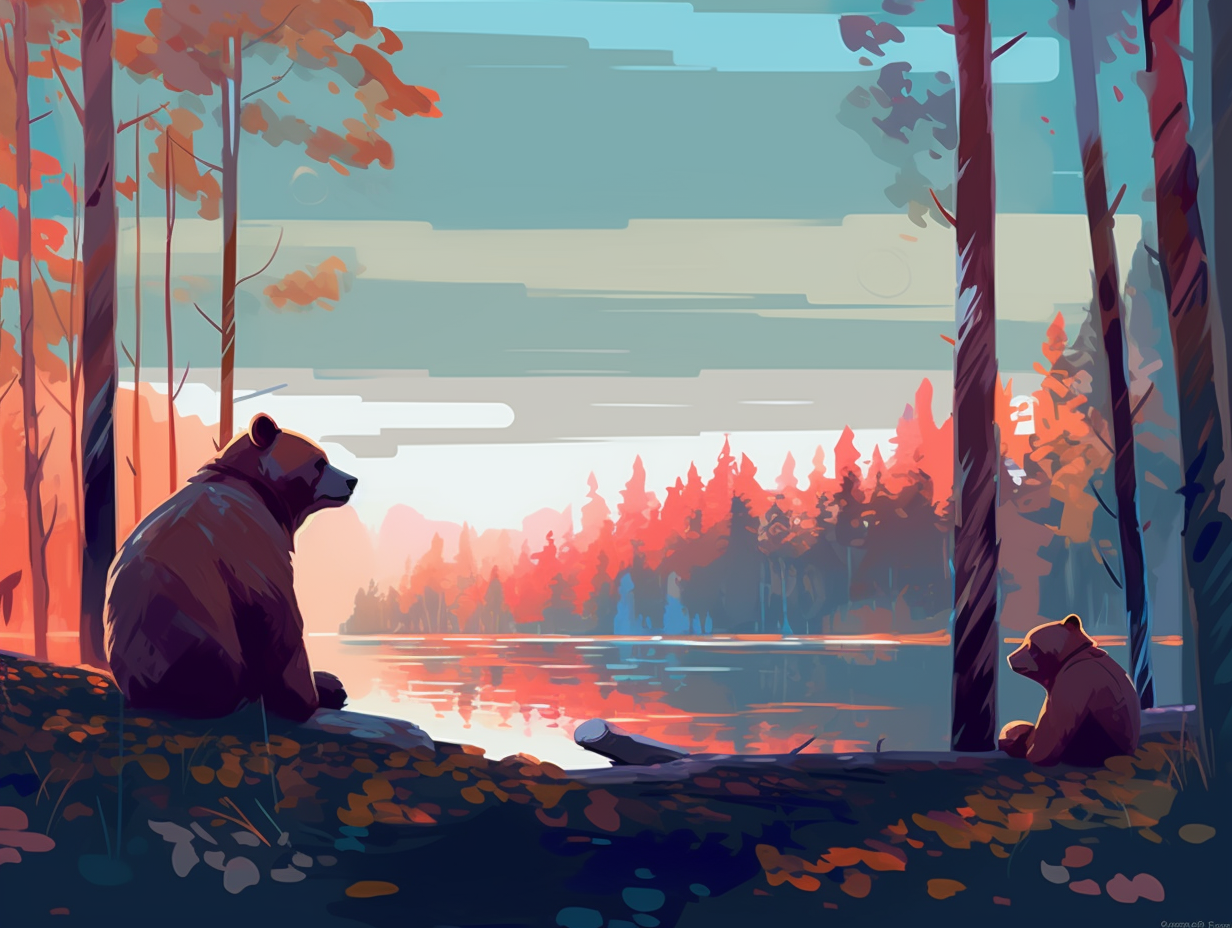
15. Bear Baby Size Surprise
From pint-sized pups to heavyweight mothers: Brown bear cubs are born at a minuscule 1 pound (.45 kg) in contrast to their whopping 400-pound mothers. Hibernating mama bears survive on stored body fat, and since their growing cubs can't live off that, the cubs metabolize milk fat, the only sustenance they receive in the den before they're ready to roam with the robust brown bear brood.
Source => nps.gov
16. Bear Einsteins
It's no secret that bears are the Einsteins of the animal kingdom, hosting a TED talk in their brains while they expertly raid picnic baskets and outwit park rangers: Brown bears possess large and convoluted brains, which lead to their behavioral flexibility, impressive problem-solving skills, and innovative resourcefulness in finding food, as proven in a recent study that tested their cognitive abilities.
Source => psychologytoday.com
17. Grizzly-Polar Romance
When grizzlies swipe right and polar bears fall head over heels, ecologists become utterly bamboozled: Wild grizzly bears have been found mating with female polar bears, resulting in an exceedingly rare hybrid called the grizzly-polar bear, as confirmed by DNA testing and sightings in the Canadian Arctic, with experts believing climate change and shifting food sources to be the love potion behind this unusual romance.
Source => en.wikipedia.org
18. Bear Highway Whisperers
Who knew bears were such skilled highway whisperers? These furry pedestrians have turned commuting into a family affair, mastering the art of safely crossing the Trans-Canada Highway: Thanks to wildlife crossings like underpasses and overpasses, 47 percent of black bears and 27 percent of grizzly bears that use them have successfully bred, helping reduce car collisions and enhancing genetic diversity among bear populations.
Source => thedodo.com
19. MasterChef Bear Diets
Looking to win MasterChef: Bear Edition, brown bears have mastered the fine art of food foraging, with a menu filled to the brim with over 200 plant species and even the occasional bison or tiger tartare: Brown bears exhibit extraordinary adaptability, consuming a diverse diet of berries, grasses, roots, bulbs, and opportunistically preying on a variety of animals to sustain themselves through their lengthy hibernation cycles.
Source => en.wikipedia.org
Related Fun Facts

